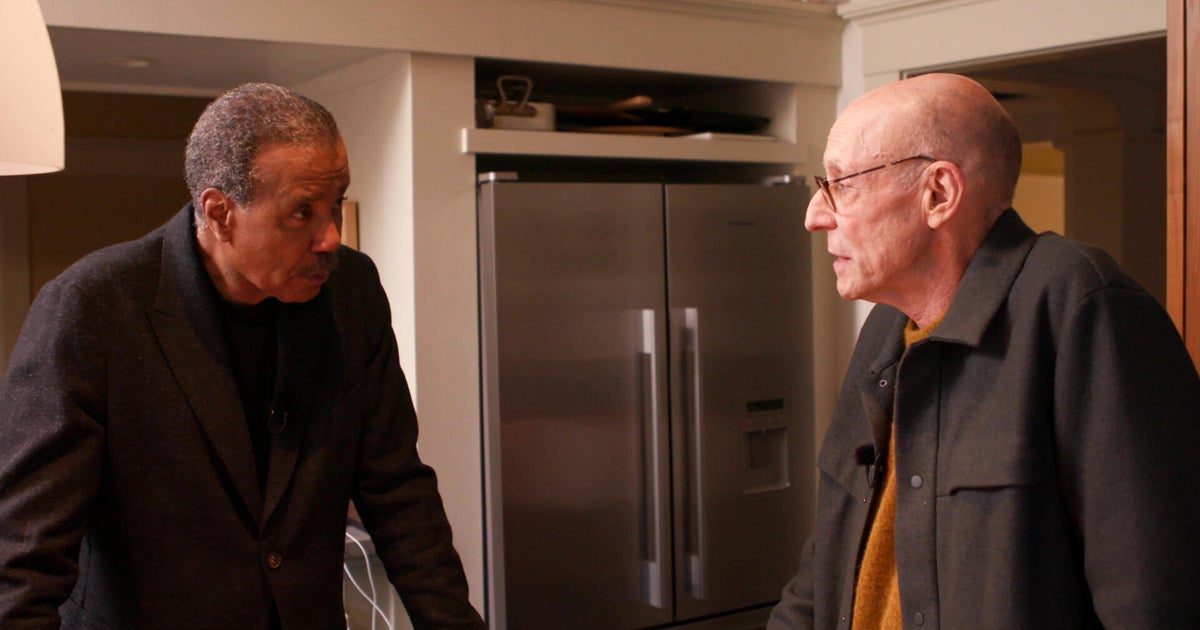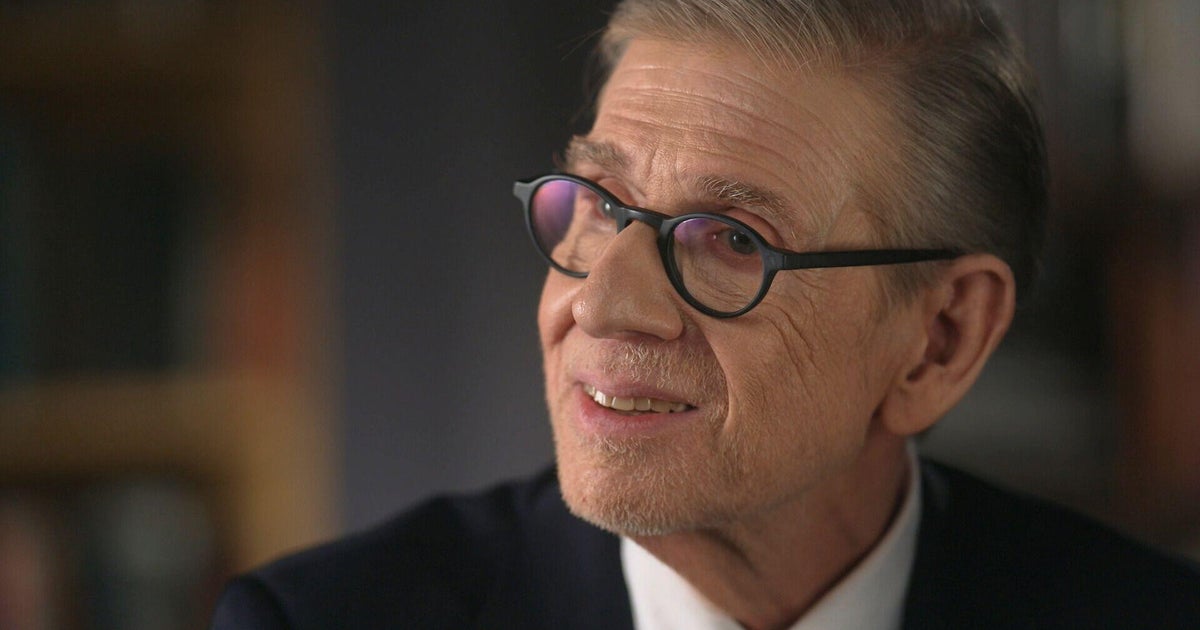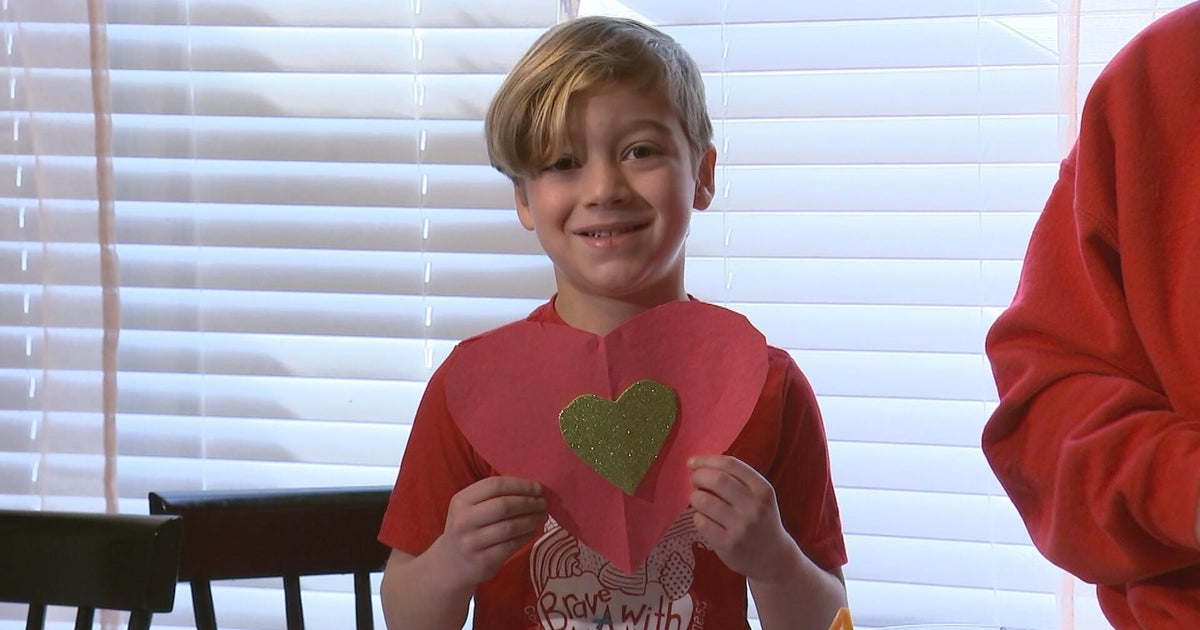New Type 1 diabetes drug gives hope to millions of Americans
PHILADELPHIA (CBS) -- A drug that can delay the onset of Type 1 diabetes symptoms is giving new hope to millions of Americans. The U.S. Food and Drug Administration recently approved the drug Tzield for people at high risk.
It could buy years of health for people with Type 1 diabetes without the need for insulin.
From an early age, Anna Fergusson saw how Type 1 diabetes affected her older sister, Kate.
"I knew that I would never want to experience what she was going through," Fergusson said.
In Type 1 diabetes, the immune system mistakenly destroys insulin-producing cells in the pancreas.
When Fergusson was 5, blood tests showed she had certain antibodies, meaning her risk of developing diabetes over the next five years was about 75%.
"As she hit that age 12 and her blood sugar started to go out of whack," Meg Fergusson, Anna's mother, said, "then it was kind of, 'all right, now what are we going to do?'"
That's when Fergusson's parents enrolled her in a clinical trial at Yale University, testing an intravenous infusion of a specially designed monoclonal antibody called Tzield.
"Instead of half of the people developing diabetes in two years, half of the people developed diabetes in four years," Dr. Kevan Herold said.
Doctors say a breakthrough in diabetes treatment is long overdue.
"We have better insulins," Herold said. "We have methods of delivering it that have advanced significantly, but it's never as perfect as your own pancreas in making insulin."
Fergusson needed a second round of Tzield infusions.
Side effects have been relatively mild. Even if it doesn't buy her even more time without insulin, the family is grateful for the gift she's already received.
"I feel incredibly lucky," Fergusson said, "and you know, holding out hope that it works."
This new drug costs $193,000 for a single course of therapy.
It's expensive, but doctors say that people with diabetes spend an average of nearly $10,000 a year on related medical expenses, so this new drug could be a cost-saving treatment over the lifetime of a young person.








